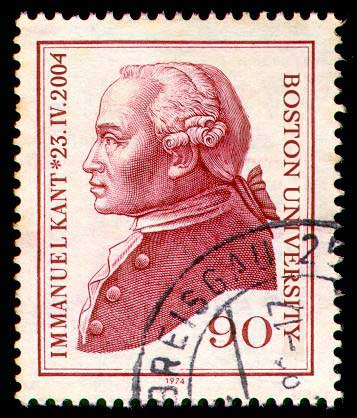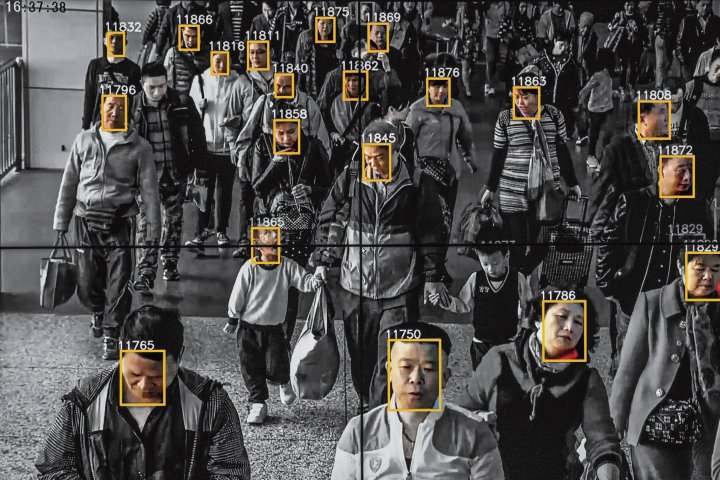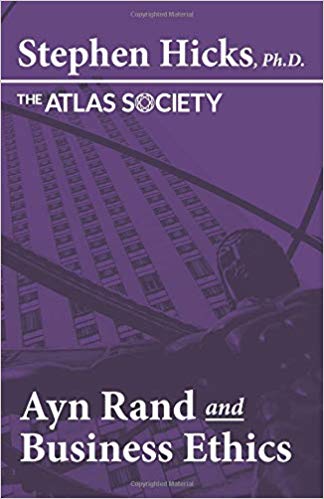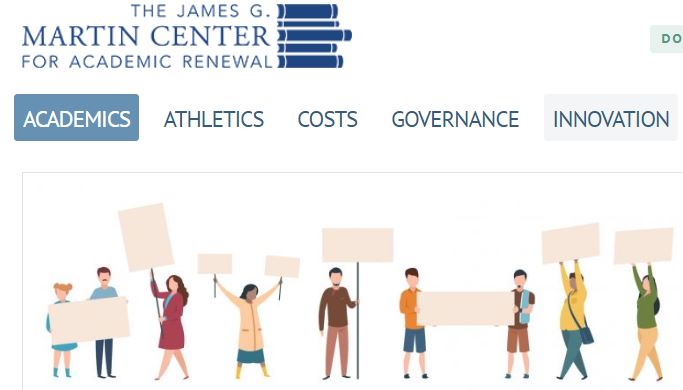When museums and cathedrals burn
2018 Brazil fire at Rio museum. The museum is owned by the government. That government overspends on “important” things but defers maintenance on less important things. “Sorry, we didn’t have money for a sprinkler system. Not our fault.” 2019 French fire at Paris cathedral. The cathedral is owned by the government. That government overspends on […]
When museums and cathedrals burn Read More »







